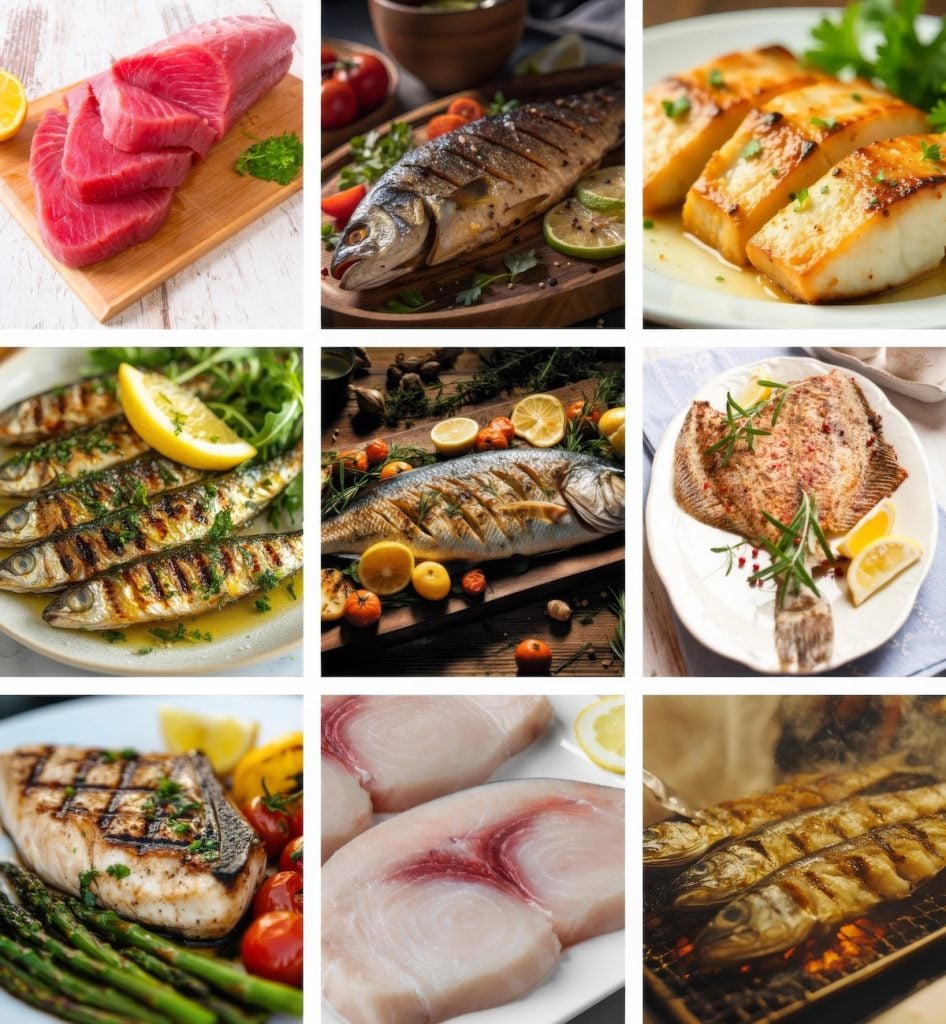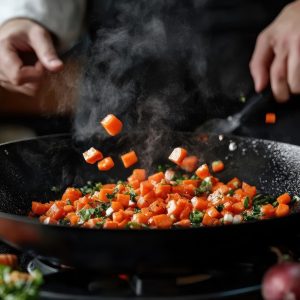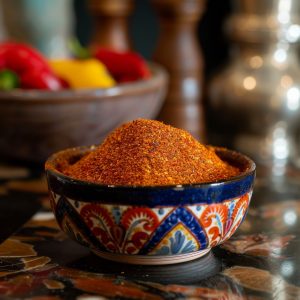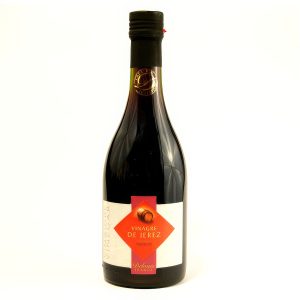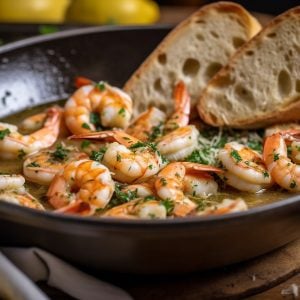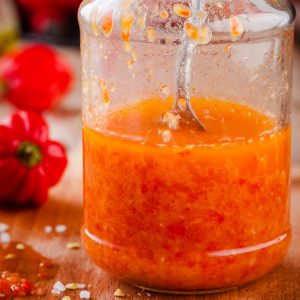Don’t Fear the Fish: Cuts, Choices, and Cooking Inspiration
Fish may swim in every ocean and lake, but knowing which ones to cook—and how—is where the fun begins. This guide introduces popular types of fish, from firm, meaty steaks like tuna and swordfish to tender, flaky fillets like flounder, trout, and cod.
Whether you’re browsing the seafood counter or staring down a frozen fillet in your freezer, the right information turns hesitation into inspiration. Home cooks often shy away from fish, worried about overcooking, weird textures, or bones. But fish doesn’t have to be fussy.
Each variety offers a unique flavor, texture, and personality—and I’ll walk you through them without a single whiff of fishmonger jargon.
Want something mild and versatile? Cod’s your friend. Prefer something rich and buttery? Salmon’s calling. Curious about bold flavors and firm textures? Let’s talk mackerel or halibut.
This isn’t a recipe collection (though I’ll link to a few of my favorites). Think of it as your go-to guide for choosing the right fish for your mood, your method, and your menu. Whether you’re grilling, pan-searing, or simply curious, you’ll find fish that fits. Let’s dive in.
15 Favorite Fish for Cooking
| Fish Name | Water Type | Common Cuts | Texture Profile |
|---|---|---|---|
| Salmon | Ocean (some freshwater farmed) | Steaks, Fillets | Oily and rich |
| Tuna | Ocean | Steaks, Fillets | Firm and meaty |
| Cod | Ocean | Fillets | Mild and versatile |
| Halibut | Ocean | Steaks, Fillets | Firm and meaty |
| Flounder | Ocean | Fillets | Delicate and flaky |
| Swordfish | Ocean | Steaks | Firm and meaty |
| Tilapia | Freshwater | Fillets | Mild and versatile |
| Trout | Freshwater | Whole, Fillets | Delicate and flaky |
| Catfish | Freshwater | Fillets | Mild and versatile |
| Mahi-Mahi | Ocean | Steaks, Fillets | Firm and meaty |
| Snapper | Ocean | Whole, Fillets | Mild and versatile |
| Sardines | Ocean | Whole, Specialty (canned) | Oily and rich |
| Branzino | Ocean | Whole, Fillets | Delicate and flaky |
| Walleye | Freshwater | Fillets | Mild and versatile |
| Mackerel | Ocean | Fillets, Specialty (smoked) | Oily and rich |
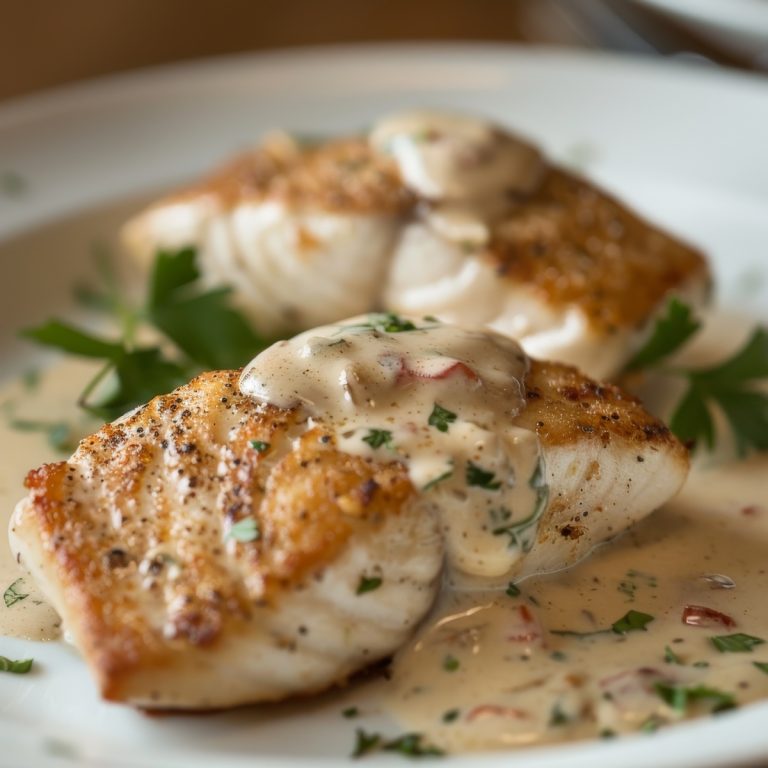
Fish Taste - Sustainability - Cooking Method - Regional Uses
| Fish Name | Taste | Sustainability | Best Cooking Methods | Regional or Cultural Uses |
|---|---|---|---|---|
| Salmon | Rich, buttery | Varies (wild better) | Grilled, baked, pan-seared | Northern Europe, Japan (raw), Pacific NW (smoked) |
| Tuna | Meaty, clean | Overfished (bigeye/bluefin), skipjack/albacore better | Grilled, seared, raw (sushi) | Japan (sashimi), Mediterranean (oil-packed) |
| Cod | Mild, slightly sweet | Generally sustainable (Atlantic cod is more pressured) | Baked, fried, stewed | UK (fish & chips), Iberia (salt cod), Scandinavia |
| Halibut | Clean, slightly sweet | Moderate to good | Pan-seared, grilled, roasted | Alaska (native & commercial), high-end restaurants |
| Flounder | Mild, delicate | Generally sustainable | Pan-fried, steamed, baked | French (sole meunière), Southern U.S. |
| Swordfish | Dense, meaty | Moderate (watch catch method) | Grilled, broiled, kebabs | Italy, Greece, coastal U.S. grilling |
| Tilapia | Very mild | Often farmed (check source) | Baked, fried, sautéed | Latin America, Africa, Asia (low-cost protein) |
| Trout | Mild, nutty | Farmed or wild—varies | Pan-fried, smoked, grilled | European alpine cuisine, U.S. freshwater lakes |
| Catfish | Mild, earthy | Farmed responsibly in U.S. | Fried, grilled, blackened | Southern U.S. cuisine, Cajun/Creole dishes |
| Mahi-Mahi | Mild, slightly sweet | Moderate to good | Grilled, pan-seared, tacos | Hawaiian, Caribbean, Central America |
| Snapper | Mild, sweet | Red snapper threatened, other types better | Whole roasted, grilled, steamed | Caribbean, Southeast Asia, Gulf Coast |
| Sardines | Strong, salty (preserved) | Highly sustainable | Grilled, canned, broiled | Mediterranean (tapas), Portugal, Japan |
| Branzino | Mild, sweet | Generally sustainable | Roasted whole, grilled | Mediterranean (Italian, Greek), upscale menus |
| Walleye | Mild, clean | Wild-caught, sustainable | Pan-fried, baked | Great Lakes, Midwest U.S., Canada |
| Mackerel | Bold, oily, rich | Atlantic species sustainable | Grilled, broiled, smoked | Japan (saba), Scandinavia (pickled), Korea (grilled) |

